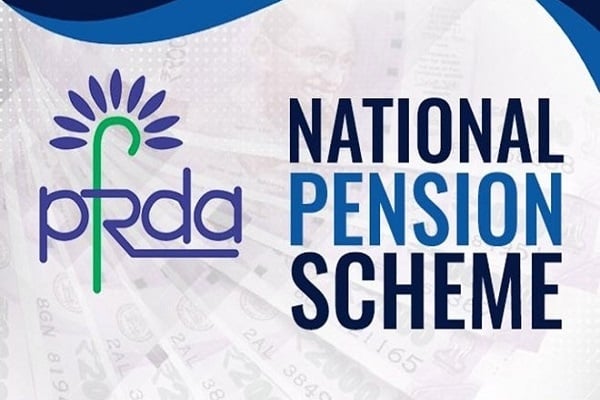For credit card business, scheduled commercial banks (SCBs) other than Regional Rural Banks (RRBs) with a net worth of ₹100 crore and above are now allowed to undertake credit card business either independently or in a tie-up arrangement with other card-issuing banks/NBFCs with the approval of their Boards. For setting up separate subsidiaries for undertaking credit card business, these banks will need prior approval from the Reserve Bank.
.
Meanwhile, RRBs are allowed to issue credit cards in collaboration with their sponsor bank or other banks.
Who is eligible to issue cards?
Scheduled Commercial Banks (SCBs) with a net worth of Rs 100 crore and above are permitted to undertake credit card business either independently or in tie-up arrangement with other card-issuing banks/NBFCs with the approval of their Boards. SCBs that want to set up separate subsidiaries for undertaking credit card business shall require prior approval from the Reserve Bank.
An NBFC registered with the RBI shall not undertake credit card business without prior approval of the central bank. A company will require a Certificate of Registration, apart from specific permission to enter into this business, the pre-requisite for which is a minimum net owned fund of Rs 100 crore, and subject to such terms and conditions as the Reserve Bank may specify in this regard from time to time. Without obtaining prior approval from the RBI, NBFCs shall not issue debit cards, credit
What standards do the card issuers need to maintain for customers?
Card issuers shall provide a one-page Key Fact Statement along with the credit card application containing the important aspects of the card such as rate of interest, and quantum of charges, among others. In case of rejection of a credit card application, the card issuer shall convey in writing the specific reason/s which led to the rejection of the application.
If a customer is issued an unsolicited card or given an unsolicited upgrade, it is strictly prohibited. In case, an unsolicited card is issued/an existing card upgraded and activated without the explicit consent of the recipient and the latter is billed for the same, the card-issuer shall not only reverse the charges forthwith but also pay a penalty without demur to the recipient amounting to twice the value of the charges reversed. In case a loss arises out of misuse of such unsolicited cards, it shall be the responsibility of the card-issuer only and not of the person in whose name the card has been issued.
Card-issuers shall ensure that the telemarketers they engage, comply with regulations on the subject issued by the telecom regulator from time to time while adhering to guidelines issued in “Unsolicited Commercial Communications – National Customer Preference Register ”. The card-issuer’s representatives shall contact the customers only between 10:00 hrs and 19:00 hrs.
What if you want to close your credit card?
Any request for closure of a credit card shall be honored within seven working days by the credit card issuer, subject to payment of all dues by the cardholder. Subsequent to the closure of the credit card, the cardholder shall be immediately notified about the closure through email, SMS, etc. Cardholders shall be provided an option to submit a request for closure of credit card account through multiple channels such as the helpline, dedicated email-id, Interactive Voice Response (IVR), prominently visible link on the website, internet banking, mobile app, or any other mode.
Failure on the part of the card issuers to complete the process of closure within seven working days shall result in a penalty of ₹500 per day of delay payable to the customer, till the closure of the account provided there is no outstanding in the account.
What about the billing?
Card-issuers shall ensure that there is no delay in sending/dispatching/emailing bills/statements and the customer has a sufficient number of days (at least one fortnight) for making payment before the interest starts getting charged. Along with that, no charges shall be levied on transactions disputed as ‘fraud’ by the cardholder until the dispute is resolved.
Card-issuers shall seek the explicit consent of the cardholder to adjust credit amount beyond a cut-off, one percent of the credit limit or Rs 5000, whichever is lower, arising out of refund/failed/reversed transactions or similar transactions against the credit limit for which payment has already been made by the cardholder.
Confidentiality norms
Card-issuers shall not reveal any information relating to customers obtained at the time of opening the account or issuing the card to any other person or organization without obtaining their explicit consent, with regard to the purpose/s for which the information will be used and the organizations with whom the information will be shared. Under a co-branding arrangement, the co-branding entity shall not be permitted to access any details of the customer’s accounts that may violate the card-issuer’s secrecy obligations.











